How to bring Russia to justice for executing prisoners of war
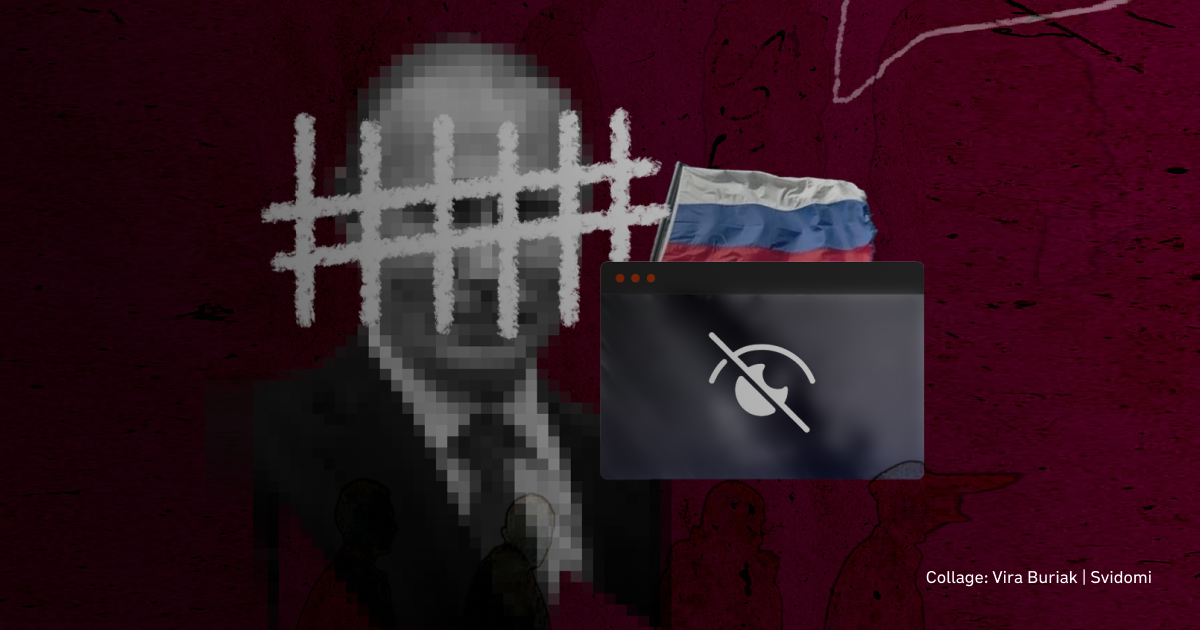
On October 1, 2024, the General Prosecutor's Office of Ukraine reported the execution of 16 Ukrainian prisoners of war by the Russian military in the direction of Pokrovsk (Donetsk region, partially occupied since 2014 and located on the front line in the east of Ukraine — ed.). According to them, this is the most massive execution of Ukrainian POWs since the beginning of the full-scale invasion.
Executions of Ukrainian POWs have now become commonplace during the war, and these are just the cases that have come to light. The Russians are torturing and killing Ukrainian soldiers with impunity.
Svidomi tells how to bring Russia to justice for the executions of Ukrainian prisoners of war.
International law and the execution of POWs
Under the Geneva Convention relative to the Treatment of Prisoners of War, the state whose military personnel are captured is responsible for the treatment of prisoners of war. The Convention requires that prisoners of war be treated humanely, and cases that result in death or endanger their health are considered grave breaches of the Convention.
The state holding military personnel in captivity must provide them with medical services and must not discriminate against prisoners of war based on race, religion or nationality. Prisoners of war should be evacuated from the combat zone to detention camps.
If a POW dies in captivity, the capturing state must immediately initiate an investigation into the death and inform the state in which the soldier served.
The following are considered serious violations of the Convention: wilful killing, torture or inhuman treatment (including biological experiments), wilfully causing great suffering, serious bodily injury or impairment of health, compelling a prisoner of war to serve in the armed forces of the enemy, or wilfully depriving him of the right to a fair and public trial.
Ukraine signed the Geneva Convention in 1949 when it was a republic within the USSR. After regaining its independence in 1991, Ukraine has remained a signatory to the Convention and abides by its rules and regulations.
Russia also signed the Geneva Convention in 1949. However, on November 12, 2019, the Russian Federation withdrew its recognition of the article of the Additional Protocol to the Geneva Convention that recognises the jurisdiction of the UN Special Commission as a judicial body to investigate violations. In effect, Russia has withdrawn an Additional Protocol to the Geneva Conventions on the Protection of Victims of International Armed Conflicts.
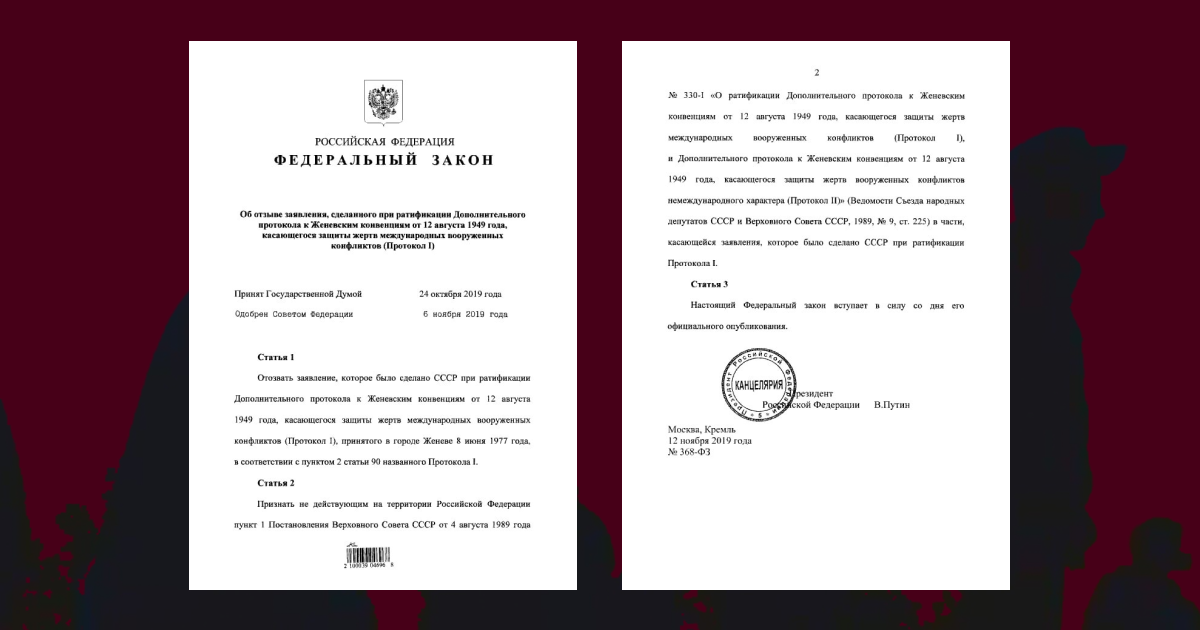
However, Russia, which has been recognised as a dictatorship by the Parliamentary Assembly of the Council of Europe, does not respect international humanitarian law and the Geneva Conventions in general. The number of executed Ukrainian prisoners of war remains unknown, as Russia does not inform Ukraine of these cases.
On October 1, the Office of the United Nations High Commissioner for Human Rights published a report on the treatment of prisoners of war. It states that the Russians are subjecting Ukrainian POWs to widespread and systematic torture and ill-treatment.
"Torture or other forms of ill-treatment were pervasive during interrogation and throughout all stages of captivity, including during admission procedures, daily internment routines, and as a result of dire conditions of internment. Entire groups of Ukrainian POWs were routinely subjected to these abusive practices across various internment facilities in numerous regions within the occupied territory of Ukraine and the Russian Federation, showing similar patterns of brutality," the report reads.
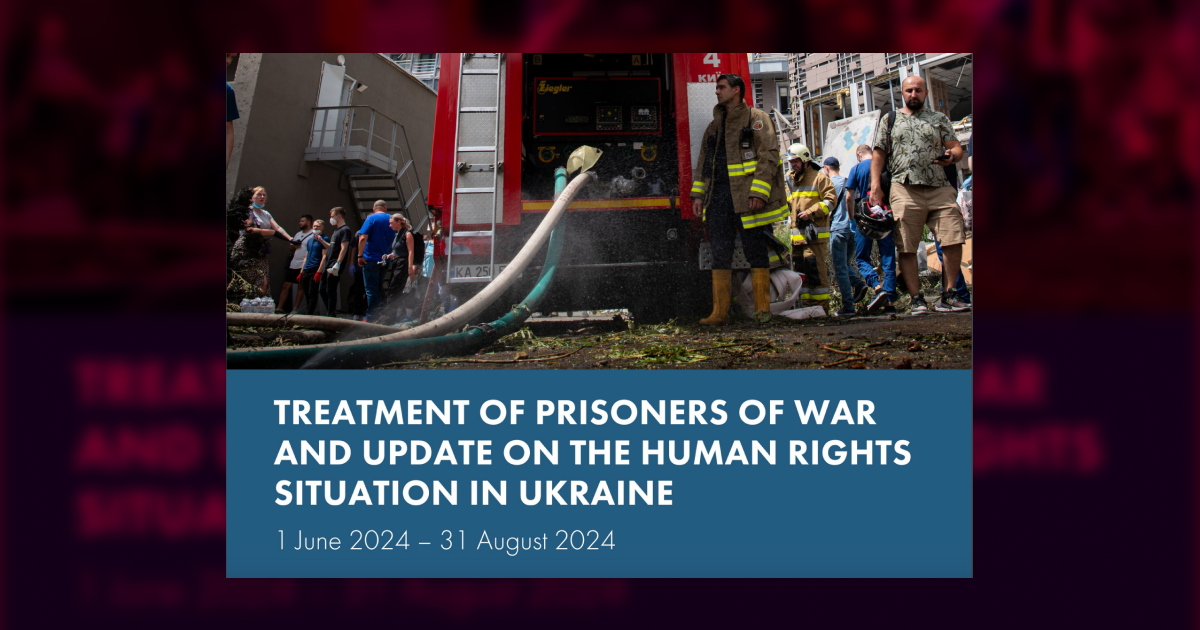
The UN notes that many of the documented cases of torture or ill-treatment involved different state actors, often suggesting a significant degree of coordination between them. The routine nature of the abuse, which occurred on a daily or weekly basis and continued throughout detention, also indicated the knowledge of those in charge of the facilities.
The Ukrainian Ministry of Defence estimates that 177 Ukrainian servicemen have died in Russian captivity since the start of the full-scale invasion. This figure includes prisoners who have died in camps and prisons where Russia is detaining Ukrainians.
The UN Human Rights Office considers the execution of POWs to be a war crime. According to the Geneva Convention, a country that allows the execution of prisoners of war can be punished even if it is not a signatory to the Convention. Russia can therefore be held accountable for these crimes.
Andrii Yakovliev, a lawyer, managing partner of the Umbrella Law Firm and an expert on international humanitarian law with the Media Initiative for Human Rights, says that Russia and the Russian military executing Ukrainian POWs can be brought to justice. But this should be done on many levels of international and national law.
"Under international humanitarian law (the law that applies in times of war), states must investigate and prosecute war crimes. Only when a state fails to fulfil its obligations or has obstacles (international immunities) can the International Criminal Court get involved," he says.
On December 30, 2022, the Russian military shot dead a Ukrainian prisoner of war, Oleksandr Matsievskyi. They filmed his killing and posted it online. In February 2023, the body of the Ukrainian soldier was returned to Ukraine. On March 13, 2023, Volodymyr Zelenskyy posthumously awarded Oleksandr Matsievskyi the title of Hero of Ukraine.
The Verkhovna Rada Human Rights Ombudsman Dmytro Lubinets and former Foreign Minister Dmytro Kuleba called on the International Criminal Court in The Hague to open an investigation into the shooting of POW Oleksandr Matsievskyi. The ICC is not investigating the executions of Ukrainian prisoners separately. However, the court is investigating Russia's war crimes of "causing excessive incidental harm to civilians or damage to civilian objects, and the crime against humanity of inhumane acts." Detailed information on which crimes are included in this list remains secret so as not to harm the victims of these crimes.
How Ukraine is running an information campaign on Russia's war crimes
Yurii Bielousov, head of the War Crimes Department in Ukraine's Prosecutor General's Office, believes the executions of Ukrainian prisoners of war are part of Russian policy, writes The Telegraph. Russian propaganda bloggers and journalists are deliberately posting videos of executions online. The increase in the number of such cases signals "a change at the policy level, maybe in the instructions the Russian military is receiving".
Despite this, Ukrainian human rights ombudsman Dmytro Lubinets regularly calls on the UN and ICRC to document these crimes committed by the Russians. Since October 1, the UN has been documenting the executions of Ukrainian prisoners of war, although it does not immediately respond to these cases.
Andrii Yakovliev believes that the weak reaction of the international community to the executions of prisoners of war is due to the crisis of international law, rather than the problem of Ukraine's information work in this area.
We must remember that there is not a single court, prosecutor or police force in the world. International law works through the mutual agreement of states to implement it. I hope that in the future the world will have effective mechanisms to combat international crimes. However, this does not negate the need to appeal to international bodies to record violations or to create legal presumptions. For example, the response of UN bodies to executions can be used in court proceedings," he says.
Apart from documenting the cases of executions of Ukrainian prisoners of war, international organisations have failed to respond to Russia's crimes in Ukraine. Russia, on the other hand, publicly denies any crimes, including the shooting of prisoners of war.
"Russia has always complied with international legal instruments and conventions in the treatment of prisoners of war," Vladimir Putin said on February 20, 2024.
Russia was expelled from the Parliamentary Assembly of the Council of Europe in March 2022. However, it remains a member of many international organisations, including the UN Security Council.

Ukraine initiated the process of depriving Russia of its permanent seat on the Security Council and expelling it from the UN in December 2022. At the time, former Foreign Minister Dmytro Kuleba said that Ukraine had provided evidence that Russia's membership of the Council was illegitimate.
"We have provided detailed evidence of how 31 years ago the Russian delegation simply occupied the seat of the USSR, a state that had ceased to exist at the time, in the UN Security Council without any legal grounds for doing so," Dmytro Kuleba said.
However, the UN is not discussing these changes. To expel Russia from the Security Council, it would be necessary to change the UN Charter as an organisation. Currently, the expulsion of a country from the UN requires the consent of two-thirds of the members of the UN General Assembly and the unanimous approval of the Security Council.
Andrii Yakovliev believes that this process will not produce results for a number of reasons.
"There is no mechanism because, according to Article 6 of the UN Charter, a member of the organisation that systematically violates the principles set out in this Charter can be expelled from the organisation by the General Assembly. But this requires a recommendation from the Security Council, where Russia has a veto. In general, there is a prohibition on the abuse of rights (which is what Russia is doing now), but this principle is not used with regard to the UN Security Council. Probably because there is no consensus on this issue," he says.
Ukraine is trying to use all the legal mechanisms at its disposal to pressure and inform the international community, including about Russia's crimes in the execution of prisoners of war. But so far it remains a one-sided process.
Svidomi appealed to the Human Rights Commissioner of the Ukrainian Parliament to inform international organisations about the cases of executions of prisoners of war. In response to our request, the Ombudsperson's Office replied that it would inform the UN High Commissioner for Human Rights and the head of the International Committee of the Red Cross with letters pointing out violations by the Russian side of the provisions of the Geneva Convention relating to the Treatment of Prisoners of War, such as the execution of Ukrainian fighters who are no longer resisting and are protected by the Convention. In addition, during meetings with representatives of international delegations and organisations, the Ombudsperson repeatedly draws attention to such cases of gross disregard for the prohibitions of international law and moral norms.
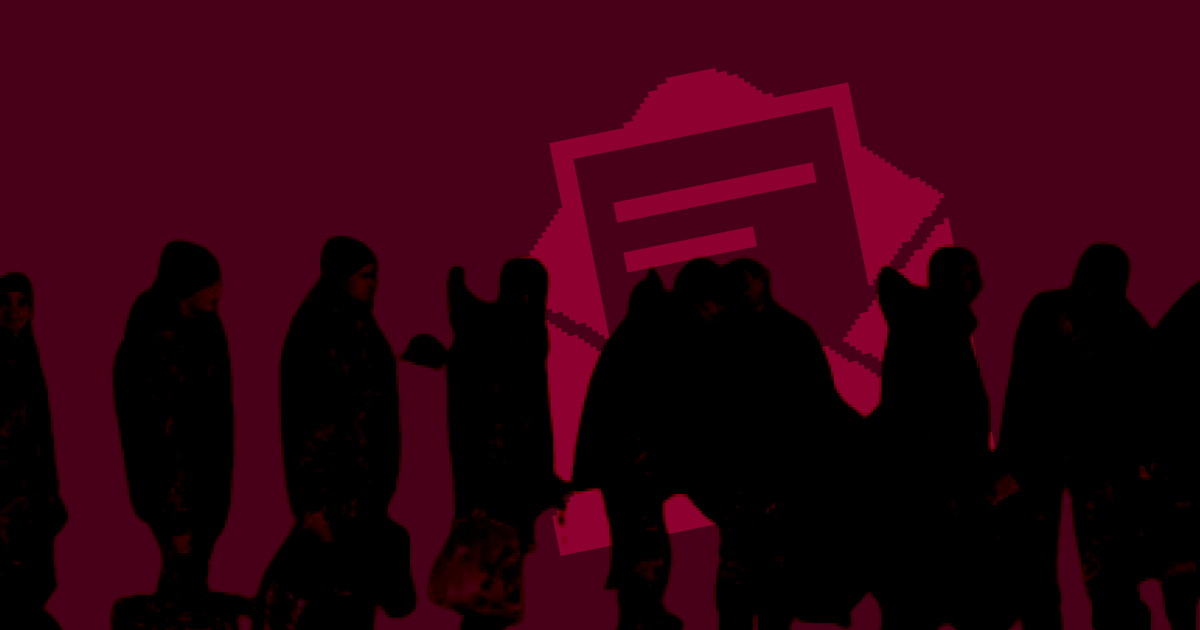
Is it possible to bring Russia to justice for the executions of prisoners of war?
In April 2024, the Human Rights Ombudsman of the Verkhovna Rada, Dmytro Lubinets, in his next response to the shooting of Ukrainian prisoners of war, noted that he had sent official letters to the UN and the International Committee of the Red Cross to document this crime.
"There is no statute of limitations for war crimes. Those who committed them and those who gave the criminal orders will be brought to justice," Lubinets said.
The Ukrainian Prosecutor's Office is constantly opening execution cases under the article on violation of the laws and customs of war. This is because the Ukrainian Criminal Code does not contain such an instrument as the responsibility of commanders, says Andrii Yakovliev. Ukraine defines the responsibility of the Russian military for the executions of Ukrainian prisoners of war in accordance with the Geneva Conventions.
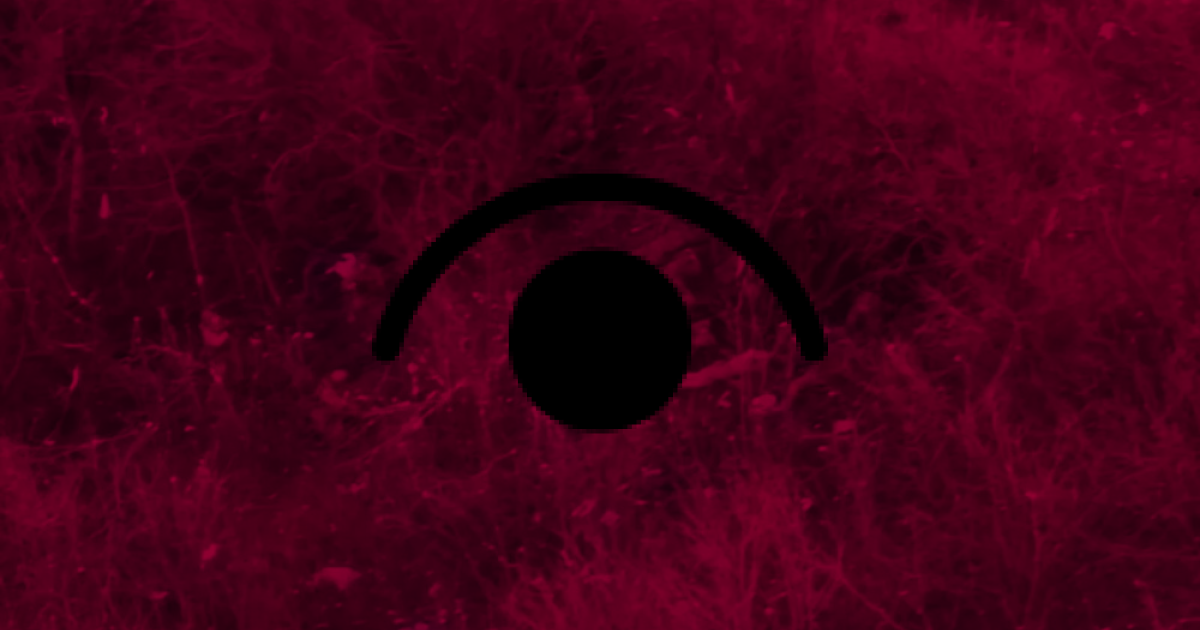
"These shortcomings hinder the application of the responsibility of Russian military commanders. Therefore, our criminal justice system does not initiate (at least not publicly) the process of holding Russian commanders criminally responsible for executions committed by their subordinates, and cannot act preventively, creating a chilling effect. We need to make military commanders at least think that they can be prosecuted and that they will be looked for," he says.
However, the main burden of finding those responsible for the shootings and bringing them to justice lies with the Ukrainian law enforcement system. It is Ukraine that should identify the Russian military officers who committed the crimes of execution, bring them to justice and put them on the wanted list.
"Once the Russian military commanders are in the sights of our criminal justice system, we will have to organise their search in other countries, so to speak, to create an infrastructure for searching for war criminals. And the larger the search area, the more it will be able to reduce the number of executions. After all, commanders will take into account the possibility of being caught. Of course, these measures will not bring an immediate solution to the problem, but even the beginning of such actions can have a cooling effect," says Andrii Yakovliev, explaining how the process of bringing the Russian military to justice for the executions of prisoners of war should be carried out. The lawyer adds that despite the difficulties in identifying and finding the perpetrators of executions, international criminal law has legal instruments such as the responsibility of commanders and civilian superiors.
Another issue for Ukraine in bringing Russia and the Russian military to justice for the executions of Ukrainian prisoners of war is that Ukraine is still not doing enough to implement the Rome Statute into its law, despite ratifying it in August 2024.
"This prevents the ICC from fully applying the principle of command responsibility, as it does (arrest warrant for Russian long-range aviation commander Sergei Kobylash and former Russian Black Sea Fleet commander Viktor Sokolov for crimes against humanity for shelling Ukraine's energy infrastructure — ed.). I would like to point out that it is unlikely that the commander of the long-range aviation was a pilot himself, but he is wanted on suspicion of shelling Ukraine's civilian infrastructure," says Andrii Yakovliev, explaining what Ukraine should do to bring the Russian military to justice.
Ukraine's failure to adopt the Rome Statute means that the International Criminal Court does not have jurisdiction over the crime of aggression in Ukraine, says the expert on international humanitarian law. That is why its actions in bringing charges against Russian officials are so slow. And that is why Ukraine must independently promote cases to bring Russia to justice for war crimes in this war, including the executions of prisoners of war.
"It is important to remember that the ICC has considered just over 20 cases in its 30 years of existence, so it is unreasonable to expect the ICC to do our homework. Even if the ICC takes on more cases, it will not be able to investigate the nearly 150,000 criminal cases registered in Ukraine," says Andrii Yakovliev.


